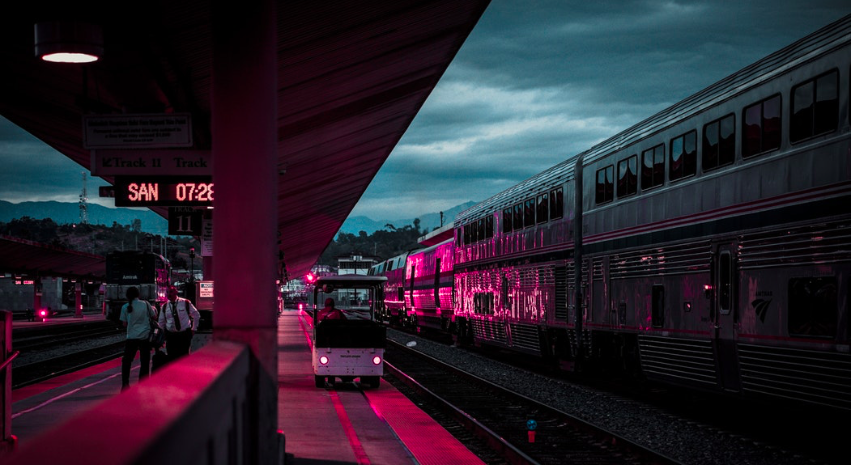IRCTC, the online ticketing, catering, and tourism arm of world’s second largest railway, Indian Railways, has filed draft papers with market regulator Securities and Exchange Board of India (SEBI) for its initial public offering (IPO).
IRCTC plans to offload 20 million equity shares of the face value of 14 cents and expects the IPO to fetch USD 84 million. By exiting these shares the government will reduce its stake in the company by about 12.5%.
India’s two stock exchanges, BSE (Bombay Stock Exchange) and NSE (National Stock Exchange) will list IRCTC shares.
In her maiden budget speech in July this year, India’s finance minister Nirmala Sitharaman announced government’s goal to rake USD 15 billion income from disinvestment in public enterprise in the fiscal year 2019-20. The Indian government has collected USD 1.7 billion from disinvestment so far in this financial year, according to the Department of Investment and Public Asset Management.
Wholly owned by the government and controlled by the Ministry of Railways, IRCTC is the only entity to provide services such as online ticket booking, catering to railways, and packaged drinking water at railway stations and in trains in India.
With its monopoly in the Indian market and the huge population that travels by train, it’s no surprise that its ticket booking portal is the second most transacted website in the world. It boasts of selling 1.6 million tickets every day. It has now diversified into other business interests including non-railway catering and services such as e-catering, executive lounges, and budget hotels.
In fiscal year 2019, its catering arm genera the highest revenue for the firm to the tune of USD 145 million. It launched its ‘Food on Track’ mobile app in September 2014, an online food ordering service that allows travellers to order food from the train.
After India’s demonetization in November 2016, IRCTC lost millions of rupees, which has forced it to amp up its monetization efforts. It has started monetizing from its website through advertising, data collection, e-auctioning, and retail management.
There are rife speculations about the privatisation of Indian Railways. Since it has diversified into non-railway e-catering and budget hotels, there is a conjecture that it can compete with online food & beverage companies, including low-cost hotel chains.
